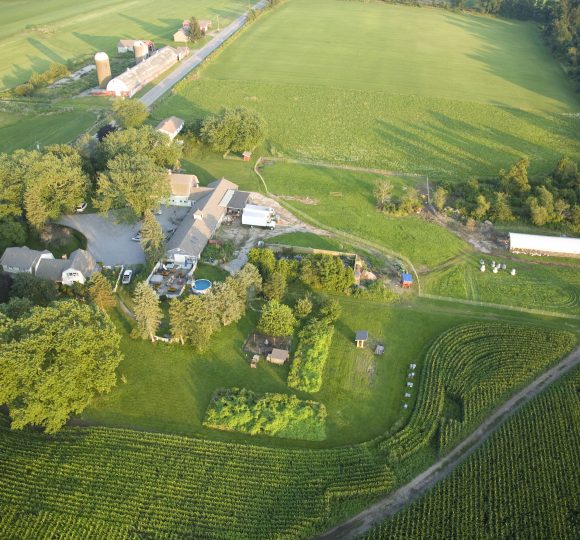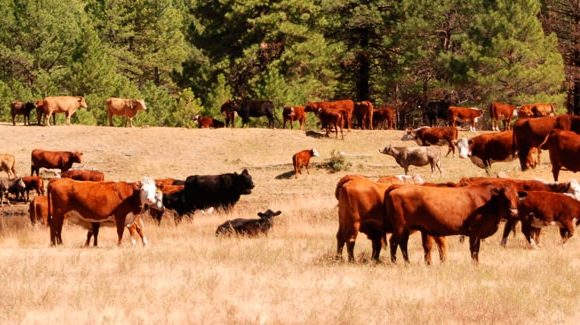This paper explores why agriculture and food system policy needs to pay more attention to regions. Regionalism, which urges a move from sector-based to place-based policymaking, has emerged as a powerful principle in public policy. Applied to agriculture and food policy, it acknowledges the regional diversity of the U.S. farm and food system and enables important differences between regions to be articulated and addressed more explicitly in the policy making
process.
We define regionalism as a framework for policy analysis and development that: 1) responds to regional differences and needs; and 2) encourages regional approaches and solutions. A regionalist approach to public policy is based on the assumption that regions are different. Good public policies must reflect and respond to regional differences. They should not unfairly disadvantage some regions in favor of others or — whether through lack of understanding or concentration of political power — fail to address the needs of significant sectors or interests within those regions.
Our goal is to promote the integration of regionalism into farm and food policy deliberations at all levels, from local to national. The focus of this paper is on federal policy. For purpose of this discussion, our region of focus is the Northeast U.S. defined to include the twelve states of Maine, Vermont, New Hampshire, Massachusetts, Connecticut, Rhode Island, New York, New Jersey, Pennsylvania, Maryland, Delaware and West Virginia, and the District of Columbia.





